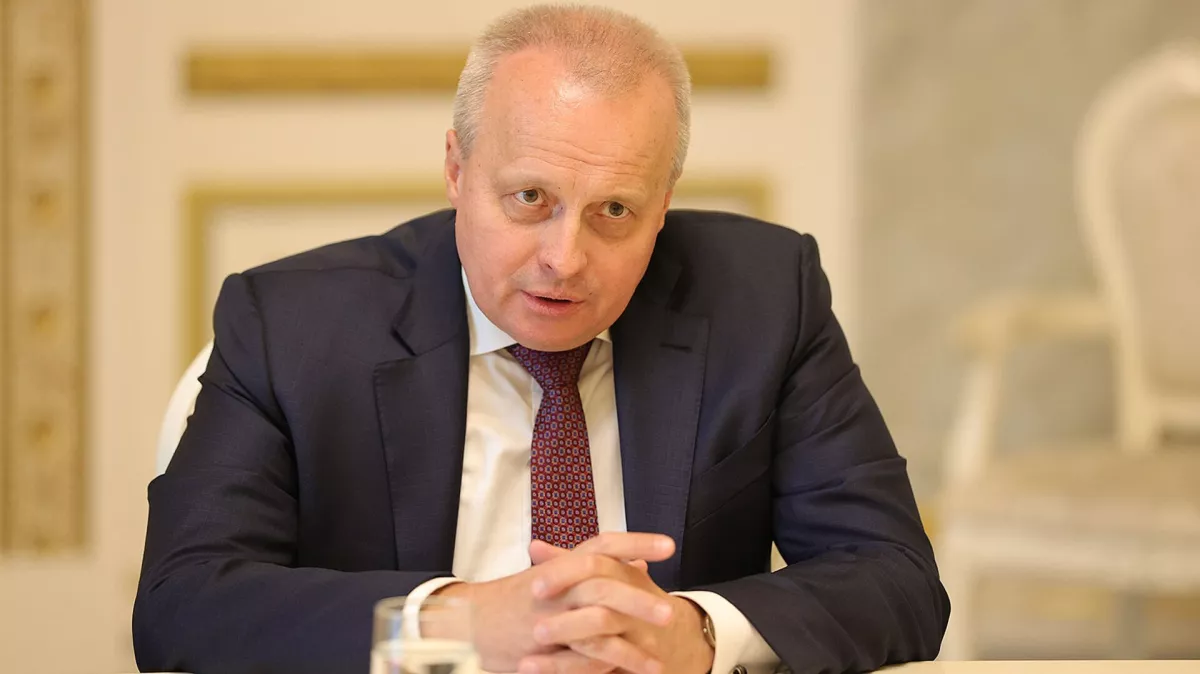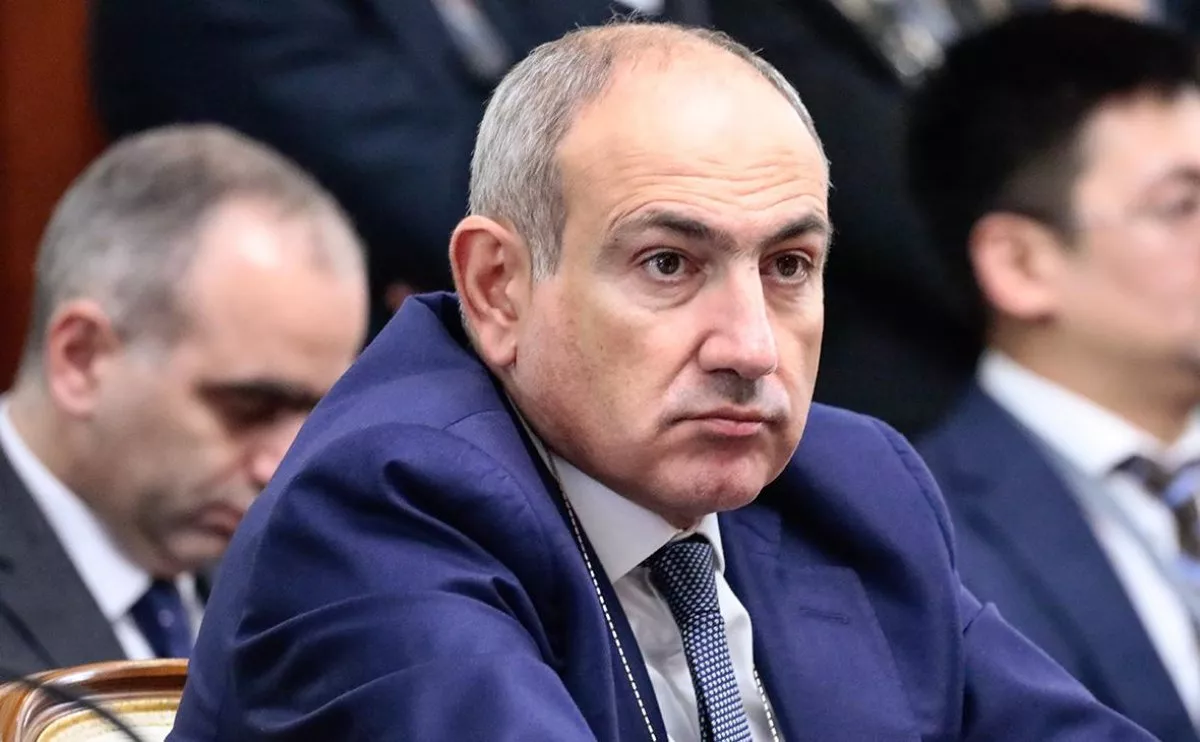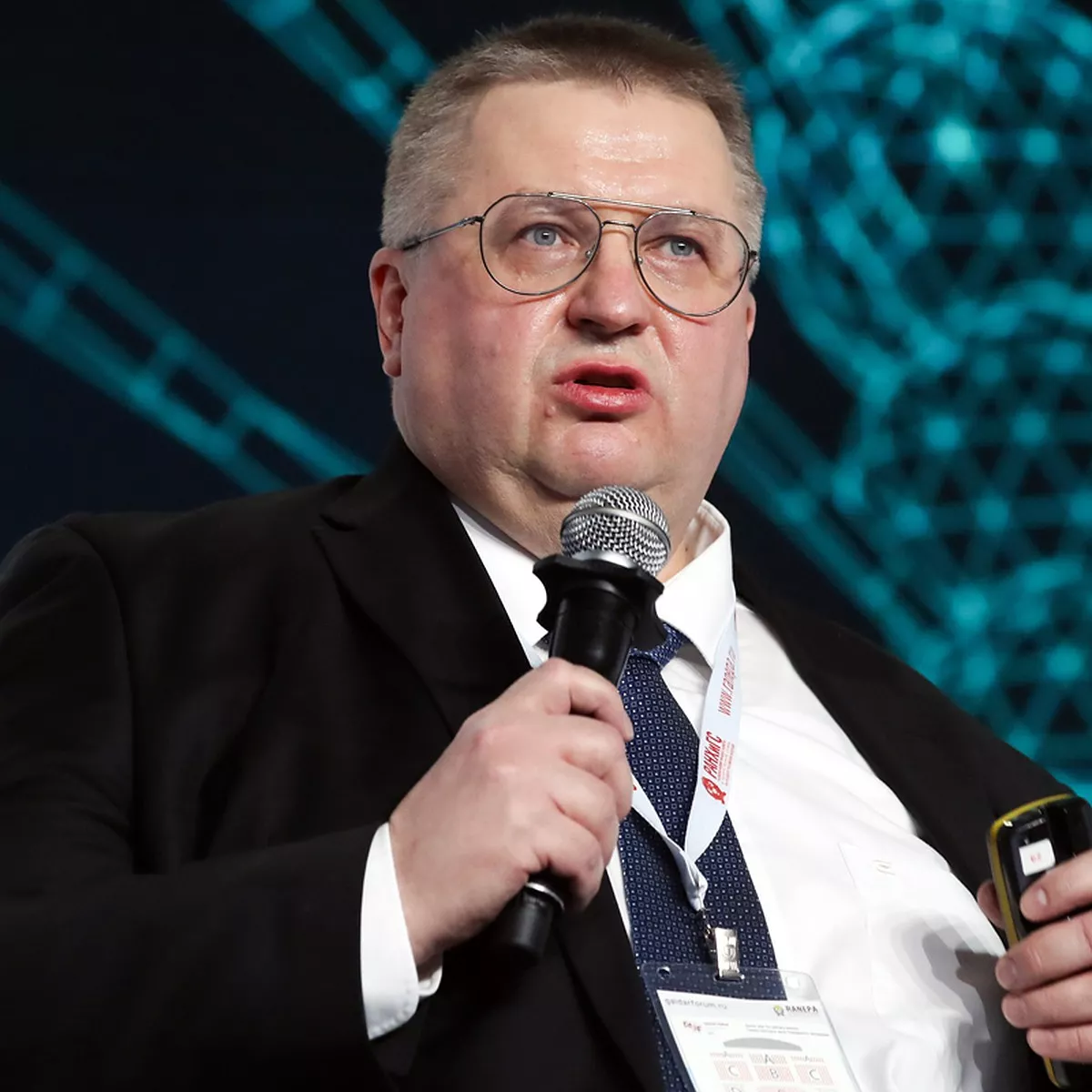Moscow increases pressure: Yerevan at a crossroads Sitting on two chairs is no longer an option
Russia’s Ambassador Extraordinary and Plenipotentiary to Armenia, Sergey Kopyrkin, recently stated that Armenia should become involved in the activities of the Shanghai Cooperation Organisation (SCO): “We consider it important for other countries, including Armenia, to engage with the work of the Shanghai Cooperation Organisation (SCO).”
The Russian diplomat’s statement clearly reflects Moscow’s current foreign policy line, which has intensified amid Yerevan’s increasingly pro-Western orientation. In this context, it is also understandable that Kopyrkin highlighted the desirability of cooperation between the SCO and regional organisations, particularly the Collective Security Treaty Organization (CSTO).

“Our position is based on the view that cooperation with the SCO is a natural step, considering the principles that guide the organisation’s work—principles of a multipolar world. We will actively support this process, with the understanding that it should bring benefits to all,” he stressed.
Brief background: The Shanghai Cooperation Organisation (SCO) is an international body established on 15 June 2001 by the leaders of China, Russia, Kazakhstan, Tajikistan, Kyrgyzstan, and Uzbekistan. In June 2017, India and Pakistan joined the organisation, followed by Iran in July 2023. The SCO’s main objectives include strengthening mutual trust among member states and promoting effective cooperation in areas such as security, politics, trade, and beyond.
Azerbaijan and Türkiye have also been active in pursuing closer ties with the SCO. In July 2024, Azerbaijan submitted an application to upgrade its status—from a dialogue partner to an observer state—indicating a potential path toward full membership in the organisation. At the same time, Türkiye, according to statements by President Recep Tayyip Erdoğan, is aiming to become a permanent member of the SCO.
As for Armenia’s prospects of joining the SCO, it is worth recalling that at the 2015 summit in Ufa, Armenia was granted dialogue partner status, which was officially formalised in 2016. In July 2024, official Yerevan submitted an application to obtain observer status within the SCO.

In June 2024, during a meeting in Yerevan with SCO Secretary-General Zhang Ming, Armenian Prime Minister Nikol Pashinyan expressed strong interest in deepening cooperation with the Organisation. It is evident that Armenia’s desire to become part of the SCO is driven by several factors.
Firstly, participation in the SCO could have a positive impact on the country’s international image. Having spent nearly three decades in the role of an occupying power, Armenia—following its defeat in Karabakh in 2020—is now striving to position itself as a state open to constructive engagement. This aligns with the fundamental requirements for SCO member states.
Secondly, membership in the Organisation opens up opportunities for Armenia to engage in active trade and economic cooperation, including access to major Asian markets—most notably, the Chinese market.
Thirdly, participation in the SCO enhances the country's capacity in the field of collective security, a core principle clearly outlined in the Organisation’s Charter.
At the same time, returning to Sergey Kopyrkin’s statement, it should be viewed in the context of Russia’s broader dissatisfaction with Yerevan’s pro-Western trajectory. Armenia’s integration into the SCO is seen as favourable by Moscow, as it helps strengthen bilateral ties and reinforces cooperation with CSTO partners such as Kazakhstan, Kyrgyzstan, and Tajikistan.
Armenia’s expanding ties within the SCO—particularly with China and Iran—also align with Russia’s strategic interests. Moscow’s persistent pressure on the issue of Armenia’s accession to the SCO stems from its desire to keep the country within its sphere of influence. In this context, Kopyrkin’s recent remarks serve not only as a policy directive for Yerevan but also as a clear message to the West: Russia has no intention of letting go of Armenia and plans to remain an active force in shaping its foreign policy direction.
It is quite possible that Moscow, as a permanent member of the SCO, will support Armenia in its bid to obtain observer status, and eventually, full membership. This approach fits within the broader framework of Russia’s efforts to keep Armenia within the Eurasian Economic Union (EAEU) and the CSTO, while countering its aspirations for deeper integration with the European Union.
It is quite possible that Moscow, as a permanent member of the SCO, will support Armenia in its bid to obtain observer status, and eventually, full membership. This approach fits within the broader framework of Russia’s efforts to keep Armenia within the Eurasian Economic Union (EAEU) and the CSTO, while countering its aspirations for deeper integration with the European Union.

Just recently, Russian Deputy Prime Minister Alexei Overchuk told journalists that Armenia would not be able to “sit on two chairs” and would soon be forced to choose between the Eurasian Economic Union (EAEU) and the European Union (EU).
A similar message was conveyed by Rodion Miroshnik, Ambassador-at-Large of the Russian Foreign Ministry, who stated during a press briefing in Yerevan: “Ukraine long ago enshrined its aspirations to join the European Union and NATO in its Constitution. But how far has Ukraine progressed in that process? That’s why I believe politicians should draw lessons from such parallels—lessons that would serve the best interests of the Armenian people.”
All these signals from Moscow point to a clear demand for the Armenian side to define its foreign policy course in the very near future. The main message from Russia is anything but subtle: Yerevan’s final decision must align with Russian interests. Otherwise, the position of the country will be, to put it mildly, a precarious one…








